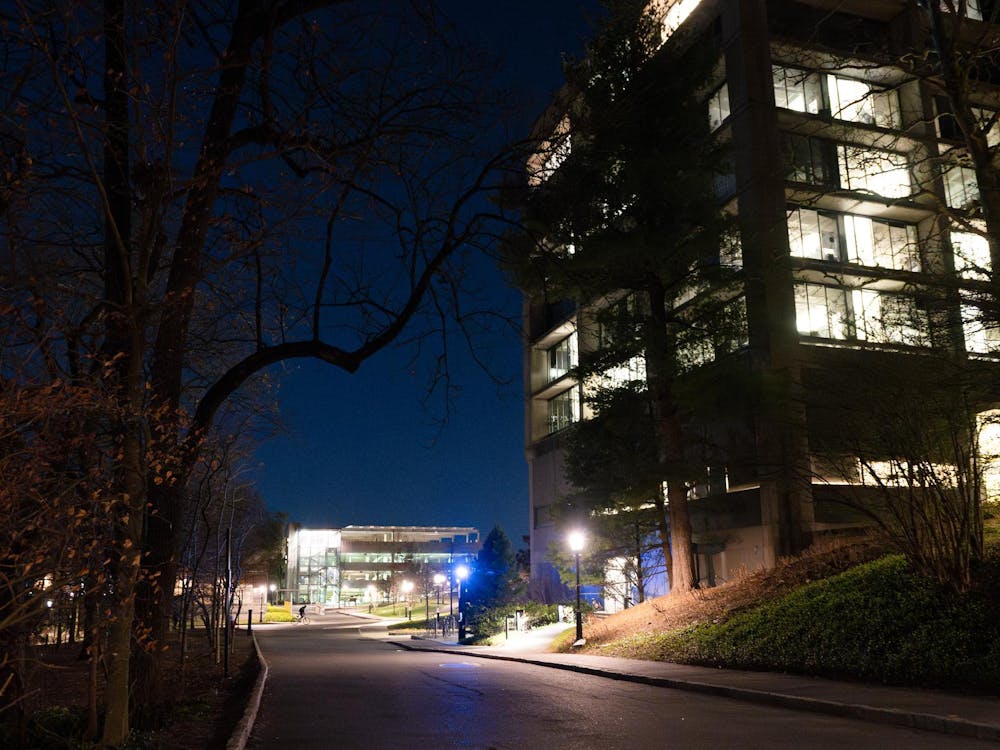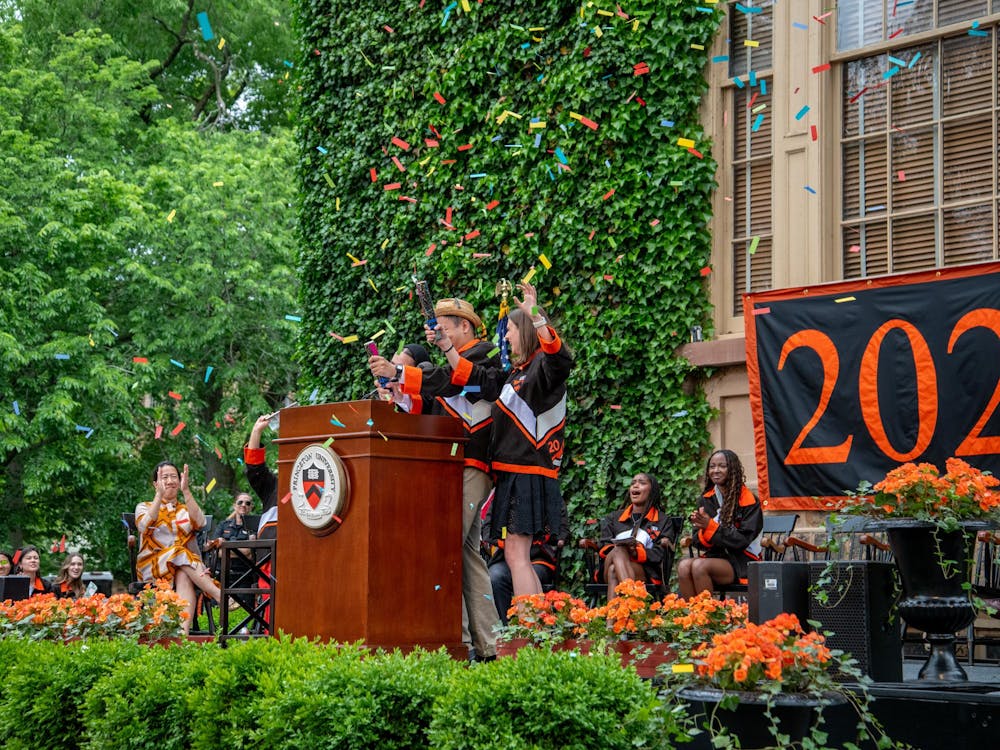We are busy people. And with a sense of pride in this busyness, we often engage in competitions with our friends and acquaintances over who has more work than whom and who has slept less than whom.
It is hardly a piece of social critique to notice this. It has been a source of comedy for countless cartoonists, writers and humorists on campus. But why do we do this, and what does it tell us about the way we approach work and academics on this campus?
I say “we” here very intentionally. Not only to implicate myself as much as anyone in this practice and, but also since this conversation hinges on the presupposition that this is something we all have in common, to implicate the culture we all participate in. Indeed, a recent PrincetonFML poster remarked, “Last year, I stayed up a lot to do work. This year, I’m sleeping at around midnight, but I feel left out whenever people talk about staying up to do work. FML.” Our culture seems to assume that every one of us is working to the bone. But if that’s true, why do we feel the need to talk about it, to compare ourselves to other people who we have already assumed are working as hard as we are?
First, it seems like a sort of solidarity or an attempt to reassure ourselves that we are not alone in our massive amounts of work. But if this were the case, I would stop after determining and proving that I am as busy as my friend. Instead, I feel compelled to go on. The true cause of this phenomenon seems to be that we are completely output-driven. We think that it is our job, in a literal sense, to produce papers and problem sets and on-campus plays and magazine articles. If I can produce more of those than you can, then I have done quantitatively better than you. But if I produce less than you do, then I haven’t used my time properly, and I am worth less than you.
When we become automatons that create academic work, we do not, as we might assume, reap the intellectual benefits, but instead only increase our capacity to produce. This fact is because education is not something that can be acquired through a series of accomplishments; it is holistic and earned not only through the amassing of knowledge, but through the careful and dutiful observation of what that knowledge means. This constant need to maximize our output is not conducive to a deep education, but instead to a life of making more and more things.
This is not to say that creating things is bad, by any means. Education in engineering or economics, for example, should inspire its students to create things that are new and interesting. But we should not be producing for the sake of producing. We should not fixate on problem sets and assignments as “work” in the traditional sense of something that has to be done to receive pay (here, perhaps a grade), but as a part of an overall project that makes us better thinkers, builders and doers.
Of course, this work is hard while we are doing it, and I can guarantee that I won’t be thinking of, or swayed by, such lofty ideals the next time I am slogging through an AI programming assignment. Which is why we have to try to step back, to remind ourselves that we are not in fact being paid for our output. Then, in those tough times, we can perhaps remember that this is a school at which we should first and foremost learn.
It is easy, even linguistically, to think of the work we do for our classes as wage-earning work, so that when we compare our progress with each other, we are comparing our efficacy at our jobs. Eventually, we will be thrown into a world where we must produce to stay afloat, no matter the sector in which we are employed. Hopefully, for our own sanities, we will enter that world not as miniature factories, but as beings ready, willing and able to fully interact with our jobs and our lives.
Luke Massa is a philosophy major from Ridley Park, Pa. He can be reached at lmassa@princeton.edu.








